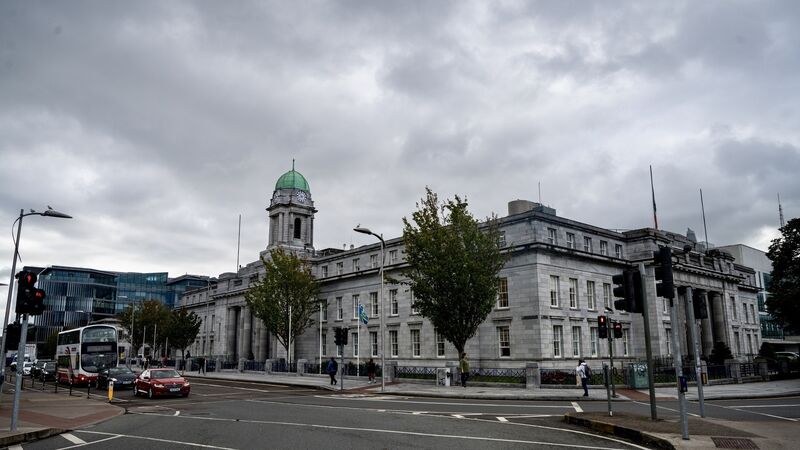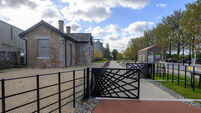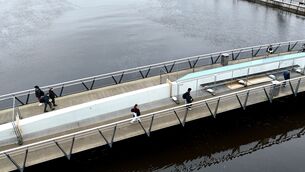Cork City Council triples its derelict site levy collection in 2024

Cork City Council has tripled its derelict site levy collection and significantly increased the amounts of properties being investigated for dereliction and the properties being removed from dereliction. Picture: Chani Anderson
Cork City Council has tripled its derelict site levy collection and significantly increased the amounts of properties being investigated for dereliction and the properties being removed from dereliction.
There were 174 properties on the Derelict Site Register (DSR) as of the end of 2024.
Placement on the register is underway for a further 46 properties, and further investigation is required for 150, with a total of 407 sites under investigation currently.
Some 76 DSR files were opened last year: 33 went on the register, 18 were removed, and 39 cases were closed without the property having to go on the register.
For 2023 and 2024 combined, 196 properties went on the register and 177 properties were removed from it, compared to 115 and 101, respectively, in 2021-2022.
Cork City Council among top local authorities for levy collection nationally
There has been a tripling of derelict site levy collection, from €150,000 in 2023 to €470,000 in 2024 at the time of compiling the report, making Cork City Council one of the top three local authorities for levy collection nationally.
The 2024 figure has since risen to €477,604, according to figures provided at this week’s city council meeting.
This progress is down to the automatic application of a legal charge on the property process following six months of no payments, which makes levy collection unavoidable in the event of a sale or refinancing.
Eighty-two properties are in the process of receiving a legal charge.
Some 671 letters have been sent to derelict site owners and 610 to vacant site owners notifying them of their grant options — 349 total long-term vacant or derelict homes are returning to use due to grant schemes.
The council report also looks at challenges to reforming the vacancy and dereliction problems, noting that owner identification poses a problem for 10%-15% of sites.
Levy collection was another challenge, with the council saying “non-payment leads to a multi-year effort”.
Compulsory purchase orders were described as “onerous”, with the council stating they can take two to three years if appealed at all stages of the process.
Once a case is opened, dereliction is removed by the property owner in 39% of cases, the property is sold and renovated by new owners in 34%, the property is compulsory purchased in 8%, and it is deemed not derelict following inspection in 8% of cases.
Labour Party councillor Laura Harmon had enquired at this week’s council meeting about levy collection for 2024, and was told by Niall Ó Donnabháin, director of services in planning and integrated development, that €477,604 in derelict sites levies were collected last year, comprising payments for 24 derelict sites.
An additional figure was collected for vacant sites, bringing the total levies collected in 2024 to €517,500.
Ninety-two sites were levied in total, of which approximately 68 did not engage or pay levies.
“As a result of this non-engagement, Cork City Council is escalating efforts to recoup levies to the next stage,” Mr Ó Donnabháin added.
Ms Harmon told The Echo: “While it’s clear and welcome that progress is being made by Cork City Council, there is still more than €1.5m outstanding in unpaid levies from 2024 or 76% of those invoiced.
“I understand the council will be pursuing these and through the courts also.”







 App?
App?


